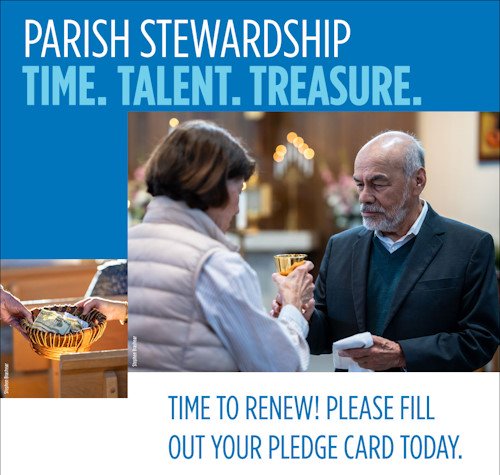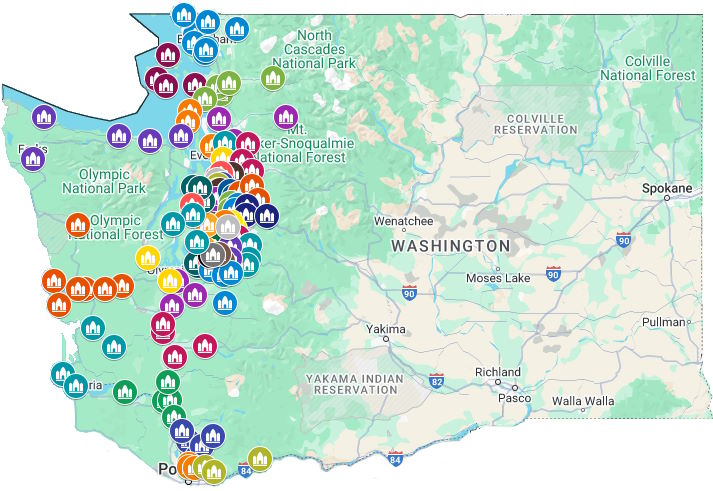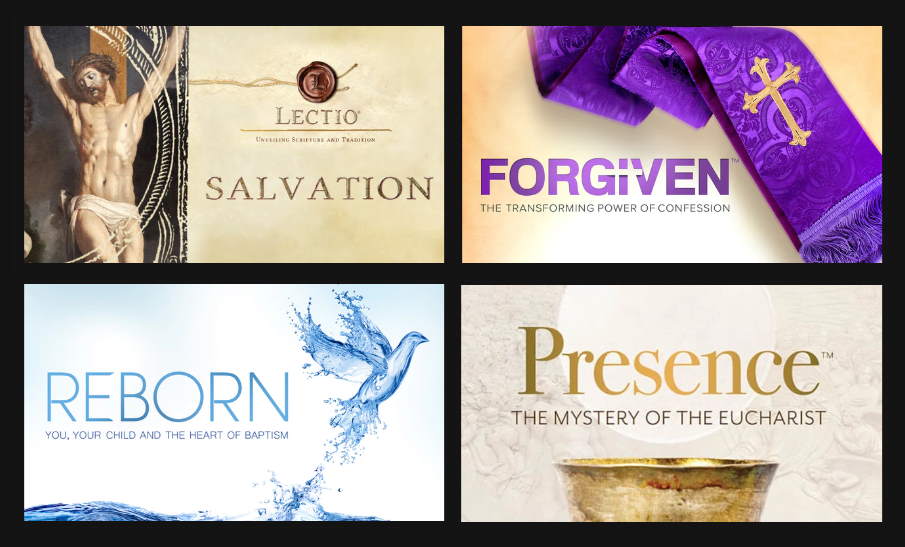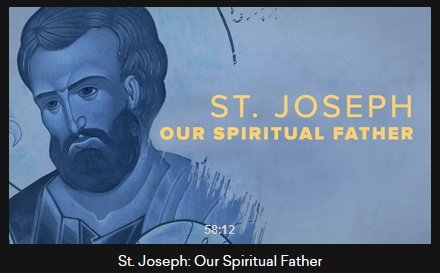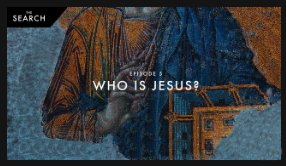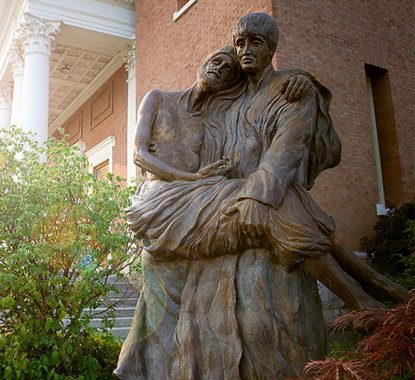Realizing My Need For God
Homily 03 19 2017
3rd Sunday of Lent A
Homily 03 19 2017
3rd Sunday of Lent A
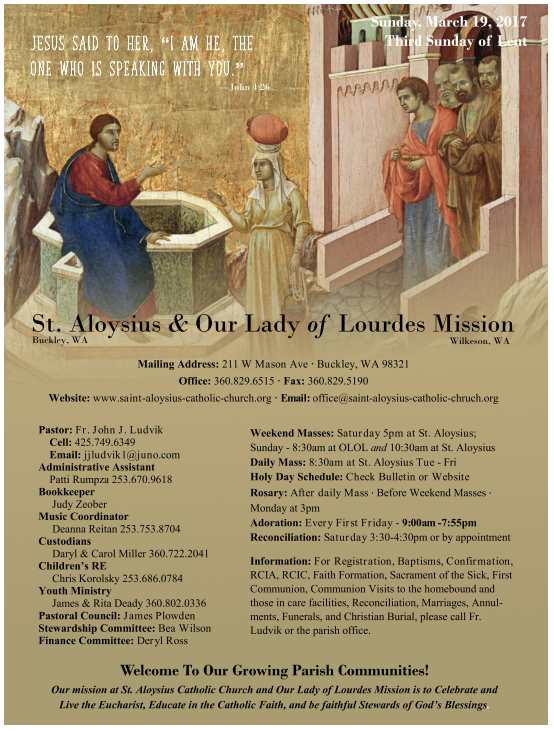 View our bulletin for this weekend
View our bulletin for this weekendView the Readings for this day
Homily 03 19 2017
A couple of Catholic young men from the North were visiting a dusty little town in the back country of West Texas. It was a hard-shell Baptist town in the Bible belt of the South: "No drinkin' and no dancin’ area”!
But these two men were strangers; so they asked a cowboy where they might get a drink. "In this town," said the cowboy, "we use whiskey only for snakebite: to wash the wound as first aid." Then he added slyly, "If you guys are so thirsty for whiskey, there's only one poisonous snake in this town and that is in the zoo. So you better get a ticket to the zoo, go to the snake park, get hold of a cobra through the iron bar of its cage and give it a big hug! The zoo keeper will appear immediately with whisky.”
The woman at the well had a mighty thirst, a thirst like that of these young guys for whiskey, a thirst so big that it led her through five husbands and who knows what else. And still she was thirsty — a thirst caused by the absence of God in her life.
A meeting with Jesus gave her the living waters of friendship with Jesus and the anointing of the Spirit of God which restored her dignity and changed her life.
The Samaritan woman must have unburdened her soul to this stranger because she had found one Jew with kindness in his eyes instead of an air of critical superiority. She was thirsting for love that would last, love that would fill her full and give purpose to her life.
Just as Jesus confronts the woman at the well with the reality of her own sinfulness and brokenness, we must confront our own sinfulness and, in doing so, realize our need for God.
The conversion leading to witnessing: Jesus not only talked with the woman, but in a carefully orchestrated, seven-part dialogue he guided her progressively from ignorance to enlightenment, from misunderstanding to clearer understanding, thus making her the most carefully and intensely catechized person in this entire Gospel.
Jesus always has a way of coming into our personal lives. When Jesus became personal with this woman and started asking embarrassing questions about her five husbands, she cleverly tried to change the subject and talk about religion. She didn’t want Jesus to get personal.
But Jesus wanted to free her, forgive her, shape her life in a new direction, and change her. He wanted to offer this woman living water. At the end of the long heart-to-heart conversation Jesus revealed himself to her as the Messiah, which in turn led her to Faith in him.
This growth in understanding on the part of the woman moved through several stages: first, she called him a Jew, then Sir or Lord, then Prophet, and finally Messiah. When the Samaritans came to hear Jesus because of her testimony, the affirmation of Faith reached its climax as they declared that Jesus was the Savior of the world.
Step-by-step Jesus was leading her in her Faith journey. This marginalized woman's enthusiastic response, powerful personal testimony and brave witnessing stand in dramatic contrast to Nicodemus' hesitance (3:9), the crowd's demand for proof (6:25-34) and the Pharisees' refusal to acknowledge the hand of God in the healing of a blind man (9:24-34).
Life messages:
1) We need to allow Jesus free entry into our
personal lives. Jesus wants to get personal with us, especially during
this Lenten season. Christ comes into our “private” personal life to
free us, to change us and to offer us what we really need: living
water. The living water is God the Holy Spirit Who enters the soul of
the woman through Jesus and his love.
When we let God the
Holy Spirit come into us and take control of our thinking, our physical
activity, our emotions and our spirit, He can bring harmony to the way
we live with all four parts of our humanity. We can find this living
water in the Sacraments, in prayer and in the Holy Bible.
2) We need to be witnesses like the Samaritan woman, proclaiming Jesus as God and Savior through our loving lives.
3)
We need to be open to others and accept others as they are, just as
Jesus did. We need to provide the atmosphere, the room, for all to be
honestly what they really are: the children of God. It is the ministry
of Jesus that we inherit and share. Jesus did not allow the woman’s
status, past, attitude, or anything else to obstruct his ability to love
her. And loving her, he freed her and made her whole, made her the
child of God she already was.
4) We need to leave the “husbands”
behind during Lent as the Samaritan woman did. Today’s Gospel message
challenges us to get rid of our unholy attachments and the evil habits
that keep us enslaved and idolatrous. Lent is the time to learn from our
mistakes of over-indulgence in food, drink, drugs, gambling,
promiscuity, or any other addiction that may keep us from coming to the
living waters of a right relationship with God. Let us make an earnest
attempt to do so during this Lenten season.
5) We need to turn
to Jesus who loves us with non-evaluative, non-judgmental unconditional
love: We all face moments when guilt plagues us and we are upset for
falling for the same temptations again and again; when we make choices
that turn out to be all wrong; when our relationships with others fall
in a heap; when we feel lonely, sick and tired of the way people are
treating us; when we are depressed and upset and can’t see anything good
in ourselves; when our faith is at rock bottom and we feel as if the
Church and religion aren’t doing anything for us; when we beat ourselves
up for lack of enthusiasm to be true disciples of Jesus ready to do
anything for him, and for days that go by without a word of prayer; when
all we feel is failure and defeat.
During such moments it is
great to read a story about Jesus and his love and acceptance of the
woman at the well. Let us rest assured that Jesus is there to accept us
warmly and help us to see that he will give us the strength and the
power we need to overcome whatever it is that is grieving us.





